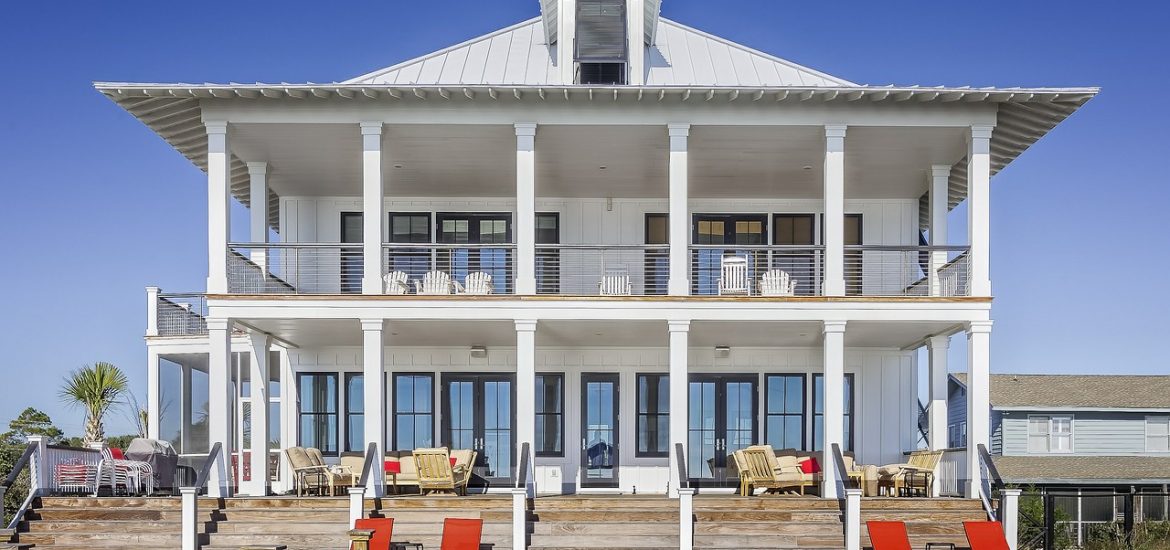I’ve been flipping houses for about five years now, and I can tell you from firsthand experience, it’s not a glorious task. Unlike the shows on TV, it’s difficult to make money flipping houses, and the stress involved along the way can be overwhelming.
However, thanks to reality TV and, more recently, an optimistic economy, more people appear interested in flipping houses than ever before. So the next few weeks, we are going to do a multi-part series on some important considerations when contemplating if you have what it takes to flip a house. Today’s topic is:
Do you have the capital?
This is one of the biggest misconceptions I run into with aspiring house-flippers. A lot of people seem to think if they have $5,000 lying around, they should be able to get enough financing to buy a house to flip. So let me be as clear as possible here: it takes a lot more than $5,000 to flip a house.
First off, bank financing isn’t easy when house-flipping. Banks don’t like to hear that you’re only going to hold onto the property for a few months, because they are banking (no pun intended!) on collecting interest payments from you for several years. But the other problem you run into is that any home you buy in order to flip is going to have problems with it (i.e., a “fixer-upper”), and most banks shy away from homes that have any noticeable issues.
Even if you find a bank to lend to you, normal bank financing will still cost you a lot up front. For instance, if you purchased a $100,000 second home (meaning you already own your primary residence) with a normal mortgage (such as a conventional loan), the bank is going to ask you to put at least 20-25% down on the home purchase. That’s $20,000-25,000 before any closing costs.
Additionally, you have to figure out how to fund the repairs. Just updating the cosmetic components (paint, fixtures, etc.) on a small home where you are doing pretty much all of the work yourself is probably going to cost at least $5,000. If the home is larger, complexities arise, or you have to sub out some/all of the work, the price goes up substantially from there. You have to be sure that you have enough money to fund the entire project, even if it goes over budget.
Thankfully, there are some creative financing options available, such as hard money loans, but these can be difficult to qualify for. If you only have $5,000 in the bank and the hard money lender requires $5,000 up front, they aren’t going to lend to you, because doing so would deplete you of all of your money. You wouldn’t want them to anyway, because if you ran into issues with your flip that required more money, where would you get that money?
So all-in-all, before flipping a house, you need to make sure you have the capital to begin with. It’s a difficult business to get into without at least $20,000 in the bank (in the Greenville market), unless you’re able to get private individuals to lend you money.
Not sure if you have enough money to get started? Give me a call, and I’ll be happy to give you an honest assessment of what options are at your disposal.
